Microsoft’s Mico heightens the risks of parasocial LLM relationships - Ars Technica
“It looks like you’re trying to find a friend. Would you like help?”…

Universities (still) suck at learning analytics – Col's Weblog
An aspect of my PhD involves examining why universities are almost universally poor at implementing learning analytics (actually, most information systems, but more on that at a later date). The following is a tiny sliver of a much broader explanation about why universities get learning analytics wrong. The explanatory anchor I use in the following…
Selected text
IT designers rely on generalised data structures, whereas effective teaching relies on situated judgment informed by contextual cues. Situational awareness exposes the flaw in universities’ search for scalable analytics solutions: educators’ needs are inherently situated, not uniform. Consequently, learning analytics must be designed as evolutionary, context-responsive decision-support systems, co-created by teachers, meso-level practitioners, and technologists who act as “knowledge brokers” between social and technical worlds. Meaning is derived from local instructional intent, learning design, and disciplinary epistemology. A one-size-fits-all dashboard yields distorted signals, whereas context-sensitive analytics, mediated by teachers and meso-level practitioners, generate insight that truly informs practice.

Indigenous Relations Training Program | Writing Symbols Lodge | University of Calgary
Learn from Indigenous professionals, Elders and other knowledge keepers and strengthen your connections with the Indigenous community with this immersive and interactive course.

Agentic AI in Higher Education | ASC Office of Distance Education
Golly, "adaptive learning" sure does come up every time there's a new bubble…
Agentic AI is the next evolution in AI tools affecting teaching and learning in higher education. Agentic AI is consistently defined as AI that pursues complex, often long-horizon goals with minimal human intervention, adapting plans and actions to evolving contexts. Acharya et al. identify it as a “qualitative leap” (Acharya et al., 2025, pp. 18912) that agents plan, use tools, maintain memory, and self-adjust to changing environments to accomplish multi-step, multi-goal tasks.
Selected text
In educational terms, Agentic AI is independent, dynamic, responsive, and adaptive (Raidas & Bhandari, 2025). This article looks ahead to this next step, anticipating some implications to provide suggestions for students, instructors, and institutions, while addressing some critical challenges of integration, ethics, and governance.
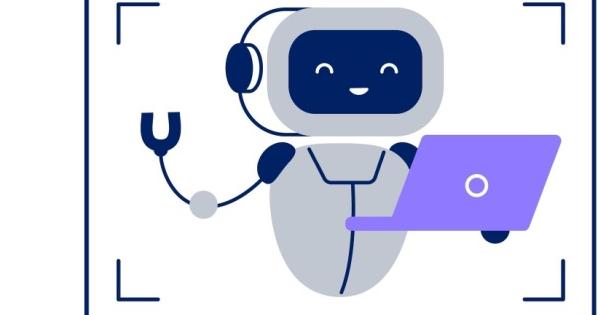
Medicine is uncertain: embracing that makes doctors better | Aeon Essays
From late-night calls to unsolved symptoms, uncertainty is woven into every doctor’s day. They should learn to embrace it
Selected text:
Over time, though, they begin to see that the point is not to land on a predetermined solution but to show they can think critically, weigh options, and justify the course they choose.
Students can also acclimatise to uncertainty through exposure to the arts, since even activities as simple as looking at artworks in a museum require creative, non-linear thinking. ‘We mistakenly assume we can know at a glance,’ says Maggie Jackson, ‘but understanding a painting – or a patient’s medical state – can’t be done in an instant.’

Nipa Chakravarti appointed as vice-president (digital transformation and technology) and chief transformation officer | News | University of Calgary
Nipa Chakravarti has joined the University of Calgary as vice-president (digital transformation and technology) and chief transformation officer, bringing more than two decades of senior leadership experience across the energy, utilities, finance and telecommunications sectors.

AI Learning | Artificial Intelligence | University of Calgary
- info for students
- info for instructors (but with a learning context)
- a separate AI Teaching section coming soon

Operating Standards: Access & Privacy | University Legal Services | University of Calgary
Operating Standards
- Equity, Diversity and Inclusion Data Collection Standard
- Correcting Personal Information Standard
- Formal Access Request Procedure
- Procedure for Responding to a Privacy Breach
- Guidelines for Conducting University of Calgary Surveys
- Guidelines for Researchers/Project Leads: Use of Student and Institutional Data (Personal Information)
- Guidelines for the Collection of Personal Information
- Guidelines for the Software Acquisition Process
- Information Security Classification Standard Data Levels Resource
- Seven Tips for Managing Emails
- Privacy Breach Incident Report
- Request to Access a Network without Consent
- Request to Access Information
- Request to Access Personal Information for Research Purposes
- Request to Correct Personal Information
- Reference Consent Form for Employees
- Reference Consent Form for Students
- Designate a Representative or Disclose to Third Party Consent Form
Guidelines
Forms

UBC’s Strategic Directions A Refresh of Shaping UBC’s Next Century 2025–2030
Revised strategic plan. No details, but lots of focus on Indigenous Ways, students (flexible programs, EL), and a nod to tech innovation and AI.
After the Gold Rush: What Degrowth Can Teach Us About Micro‑Credentials
Lately, I’ve been reflecting on a question: what if “more” is no longer the primary driver for educational program development, especially with micro-credentials? The idea of degrowth, reducing our dependence on endless expansion, has been gaining traction beyond economics. As explored by the World

The Black Box Problem: Why Cameras Matter in the Online Classroom - Faculty Focus | Higher Ed Teaching & Learning
Learn why cameras matter in online classrooms. Explore strategies to increase student presence, engagement, and connection while supporting meaningful virtual learning and teaching best practices.
Selected text:
Having cameras on isn’t just a matter of preference. It’s a matter of politeness. It’s about showing up for others, not just for yourself. Just as you’d make eye contact in a physical classroom (or anywhere, for that matter), nod in response, or lean in when someone shares a vulnerable insight, keeping your camera on says: I see you. I’m here. I’m listening.
AND
People do need to be able to choose whether to enable (or disable) their cameras!
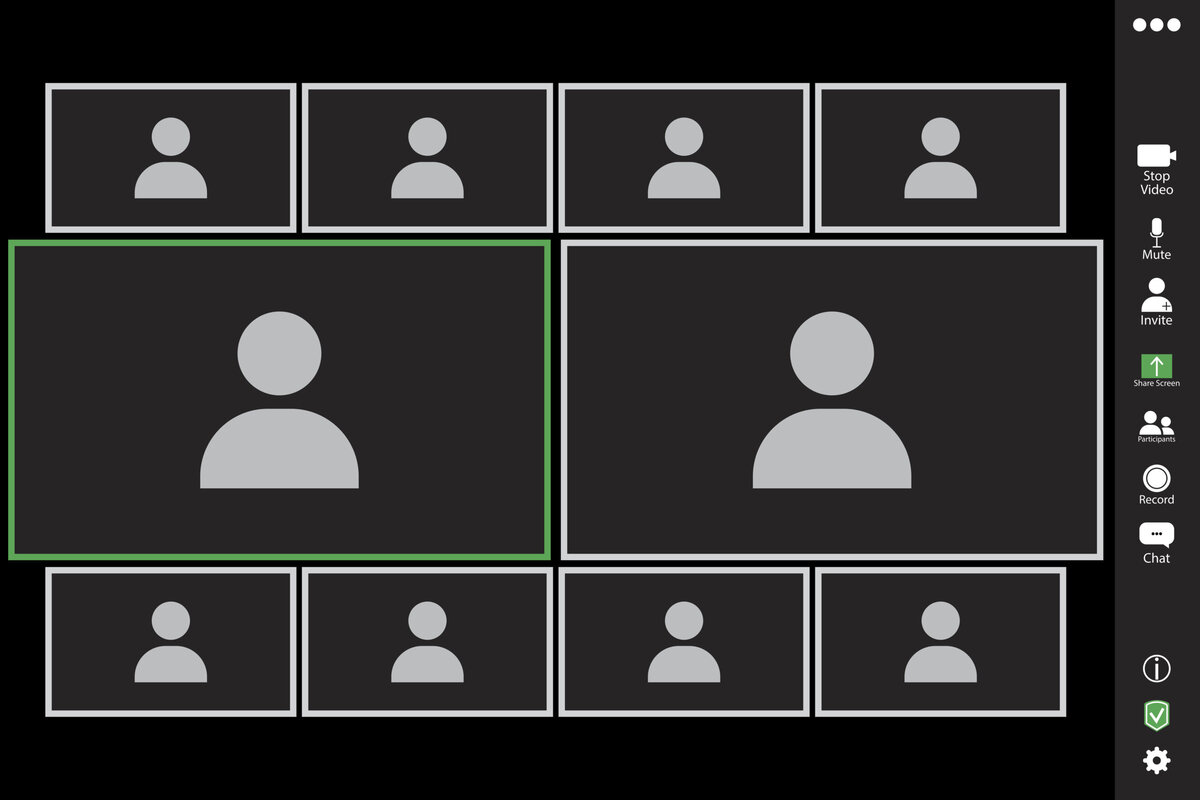
Civic Education in the Age of AI: Should We Trust AI-Generated Lesson Plans? – CITE Journal
Abstract
Generative artificial intelligence (GenAI) technologies can offer vast professional resources for teachers, empowering them to differentiate their practice, create curricular materials, and generate lesson plans for any topic. But should these novel tools to generate classroom activities and learning experiences be trusted? This study investigates 310 AI-generated lesson plans, featuring 2,230 learning activities, created by ChatGPT, Gemini, and Copilot for the 53 content standards mandated in the Massachusetts eighth-grade United States and Massachusetts Government and Civic Life curriculum. The AI-generated plans were evaluated for impacts on student thinking skills using Bloom’s Taxonomy and inclusion of diverse content using James Banks’ Four Levels of Integration of Multicultural Content Model. Analysis of the data revealed that the AI-generated lesson plans rarely cultivated higher order thinking or introduced diverse perspectives in each lesson. Regarding the potential of GenAI to support teachers with instructional tasks, we recommend that teachers critically evaluate and revise AI-generated lesson plans to provide more expansive, creative, and critical learning experiences.
I'm curious how this might connect to SMARTIE 2.0, which we're using to explore AI tools to support course design.
Unfolding Faith - NFB
In this nuanced and timely short film, Elyse Bouvier explores how her decision to give up her faith redefined both her identity and her relationships with her parents. …

Daring Fireball: Matthew Inman of The Oatmeal: 'A Cartoonist's Review of AI Art'
Link to: https://theoatmeal.com/comics/ai_art
Selected text:
Stanley Kubrick said, “The test of a work of art is, in the end, our affection for it, not our ability to explain why it is good.” If an image, a song, a poem, or video evokes affection in your heart, and then that affection dissipates when you learn what tools were used to create it, that’s not a test of the work of art itself.

Reality Check
So you're saying this experimental software launched to an indeterminate amount of people that barely works is going to make OpenAI $13 billion in 2025, and $29 billion in 2026, and later down the line $125 billion in 2029? How? How?
What fucking universe are we all living in? There's no proof that OpenAI can do this other than the fact that it has a lot of users and venture capital!Selected text:
Large Language Models and their associated businesses are a $50 billion industry masquerading as a trillion-dollar panacea for a tech industry that’s lost the plot. Silicon Valley is dominated by management consultants that no longer know what innovation looks like, tricked by Sam Altman, a savvy con artist who took advantage of tech’s desperation for growth.
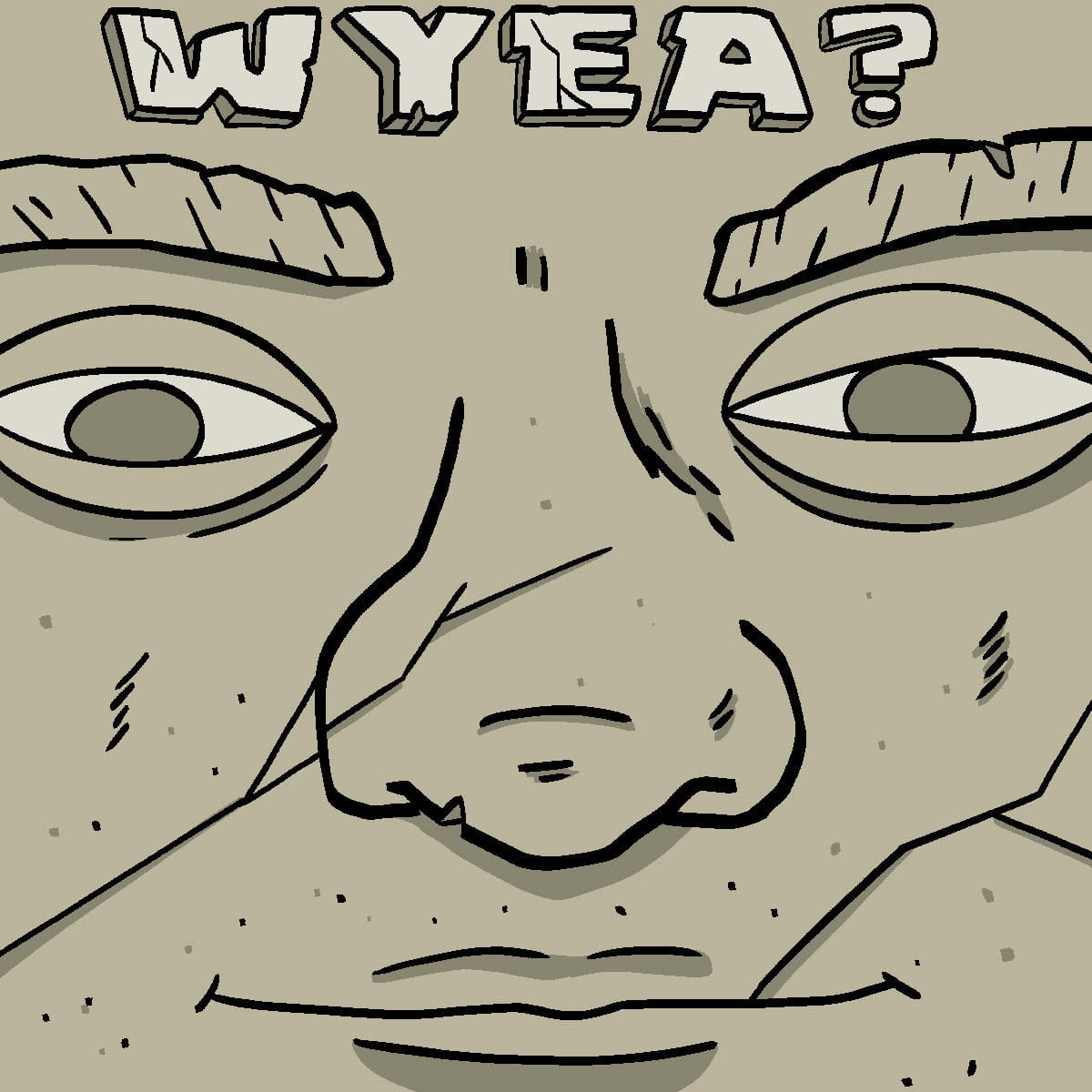
Pluralistic: The AI that we’ll have after AI (16 Oct 2025) – Pluralistic: Daily links from Cory Doctorow
There's going to be a lot of this AI, after the AI goes away – just like there was a lot of the web after the dotcom crash, when, overnight, San Francisco had infinity office-space, servers, and techies going begging.

Welcome to Your Authentic Indian Experience by Rebecca Roanhorse – Apex Book Company
Hugo and Nebula Award winner for Best Short Story. From issue 99 of Apex Magazine. A virtual indigenous experience is something more than expected.
Selected text:
What Theresa doesn’t understand is that Tourists don’t want a real Indian experience. They want what they see in the movies, and who can blame them? Movie Indians are terrific! So you watch the same movies the Tourists do, until John Dunbar becomes your spirit animal and Stands with Fists your best girl. You memorize Johnny Depp’s lines from The Lone Ranger and hang a picture of Iron Eyes Cody in your work locker. For a while you are really into Dustin Hoffman’s Little Big Man.

The AI-collapse pre-mortem - Bert Hubert's writings
An essential part of being able to say ‘I told you so’ is in fact having told you so. Here goes.
In April 2023, I wrote an article titled AI: Guaranteed to disrupt our economies. In this piece I also announced I was going to make a fool of myself by making some AI predictions. I have singularly failed to do so. In retrospect this was all spot on, except for perhaps missing the sheer magnitude of the madness that was about to ensue.
Selected text:
So even if the AI bubble collapses shortly because no one has an idea how to turn the existing language models into a profitable business proposition, don’t expect this to mean that LLMs will go away. Also, they most certainly won’t get worse at what they (can) do. Although to be clear, current efforts are not in any way on a recognizable path to “intelligence”.

New AI experiences and academic offering for Microsoft 365 Copilot | Microsoft Education Blog
Explore new AI-powered experiences at no additional cost for educators and students—plus an academic offering for Microsoft 365 Copilot.
Selected text: That’s why today, we’re announcing AI-powered experiences built for teaching and learning at no additional cost, new integrations in Microsoft 365 apps and Learning Management Systems, and an academic offering for Microsoft 365 Copilot
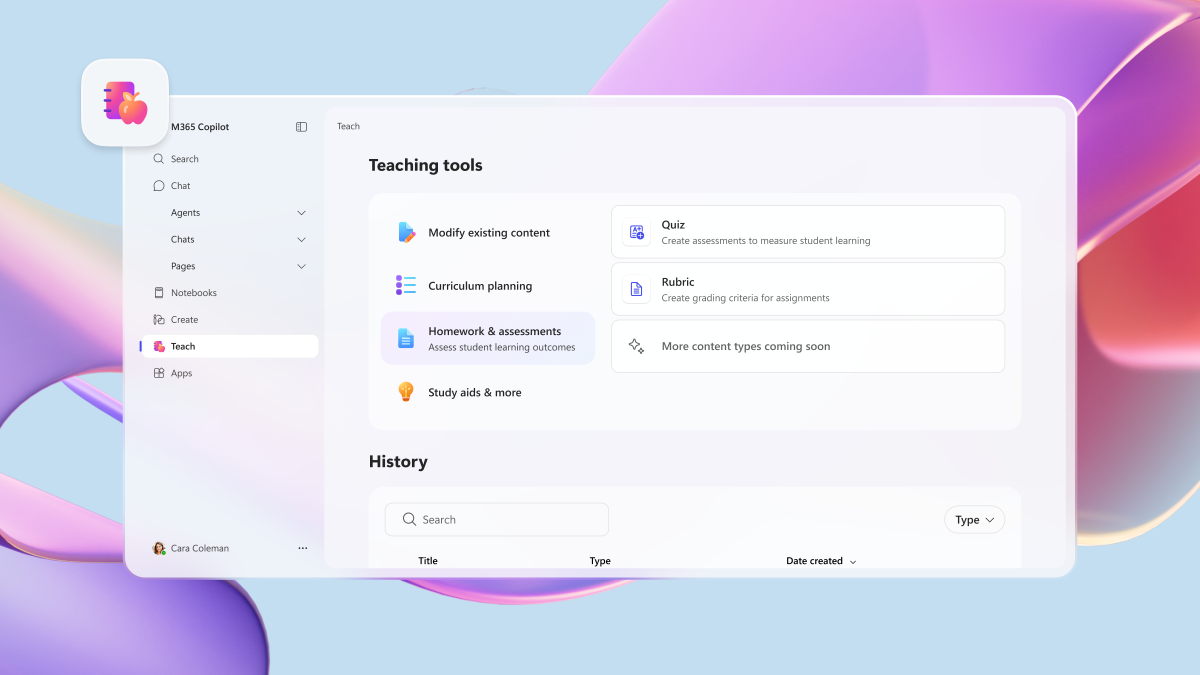
The value of GenAI for peer feedback provision: student perceptions and impacts | International Journal of Educational Technology in Higher Education | Full Text
Generative Artificial Intelligence (GenAI) has sparked a global debate on its potential as a feedback source for students, yet research in this area remains limited. This study explores students’ use of GenAI during peer feedback provision. Fifty-four graduate students enrolled in a master’s course in the food science domain at a Dutch university received instruction on the effective and ethical use of GenAI. They then wrote an argumentative essay, provided feedback to peers, and revised their essays. Finally, students completed an online questionnaire regarding their perceptions and use of GenAI for peer feedback provision. Descriptive analyses were applied to survey data and comment data were coded quantitatively for the presence of comment features. The results revealed that just over half of the students chose not to use GenAI for peer feedback provision, primarily because they believed they would learn more by completing the task independently. The remaining students used GenAI to improve both high-level and low-level aspects of their feedback, and most of these students found GenAI to be moderately helpful for peer feedback provision. In terms of its impact on the peer feedback content, students who used GenAI provided more suggestions for high-level issues and offered less mitigating praise for low-level issues compared to those who did not use GenAI for peer feedback provision. These results offer valuable insights for the design and adoption of GenAI tools to enhance peer feedback practices.
Selected text: The remaining students used GenAI to improve both high-level and low-level aspects of their feedback, and most of these students found GenAI to be moderately helpful for peer feedback provision. In terms of its impact on the peer feedback content, students who used GenAI provided more suggestions for high-level issues and offered less mitigating praise for low-level issues compared to those who did not use GenAI for peer feedback provision

Last contact
"Lagos sits upon the sea.
Or, more precisely, it perches on the stacked, damp ruins of itself. Buried under layers of buildings lie corpses of former islands and reefs. A hundred years ago, they poked above the waves; now they don’t."

Online Learning Can Be Engaging and Effective
"Online learning, done right, can be a delight — and achieve learning objectives. It appears that teaching online by necessity rather than aspiration has led to a many online attempts at learning that have fallen short of the mark, leaving those who were forced into it unsatisfied with the outcome and sometimes outright hostile to the whole idea."
Screen Memories
"My screenshots are an archive of a life lived in the vicinity of screens. They are a small assertion of my sensibility as a reminder that I was here, in front of this screen, in this singular moment"

Now More Than Ever: Why Collaborative Grading Works, Even Online

D2L Service and Brightspace real-time status
Why we're still talking about Terminator and the Matrix / Boing Boing
"The fear of AIs is way out of proportion to their performance. The Big Data-trawling systems that are supposed to find terrorists or figure out what ads to show you have been a consistent flop. Facebook's new growth model is sending a lot of Web traffic to businesses whose Facebook followers are increasing, waiting for them to shift their major commercial strategies over to Facebook marketing, then turning off the traffic and demanding recurring payments to send it back – a far cry from using all the facts of your life to figure out that you're about to buy a car before even you know it."

Kurt Vonnegut: Fiction: The Drone King

Harvard is immersed in understanding the world and improving it. Here’s how the University is making a difference now, and likely will do so in the next decade, in five key fields.

MOOCs need to go back to their roots.

Innovation teams don’t work. Here’s what does | VentureBeat
Future U: Read all about it! College newspaper heralds future of journalism!

It is time for IT to ‘THINK small.’
7 EdTech Assumptions | Inside Higher Ed

Microlearning Unit 1: Planning and Recruiting | EDUCAUSE
Location Tracking of WIFI Access Point and Bluetooth Devices – Hegnes

Blended and Online Learning and Teaching (BOLT) : Distance Education : Centre for Interdisciplinary Studies : Faculty of Humanities and Social Science : Athabasca University
Creating Hypothesis-enabled readings in D2L : Hypothesis
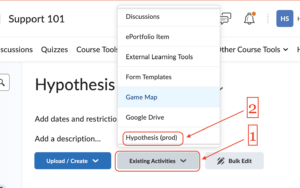
Kismet on macOS Catalina. Kismet is another Wireless tool that is… | by Tomas Savenas | Mac O’Clock | Medium

Courage & Renewal Touchstones for Creating Trustworthy Space | Center for Courage & Renewal

Welcome to the Virtual Tool Cupboard | Virtual Tool Cupboard | e-lab

Zoom @ IU: Evaluation of a pilot project implemented in 2015-2016
A.2 What is a learning environment? – Teaching in a Digital Age

Using course maps to enhance navigation in elearning environments
Modeling and Mapping Personal Learning Environment of Thai International Higher Education Students
Blackfoot Crossing Historical Park
UAlberta Teaching Toolkit | Information Services and Technology (IST)




